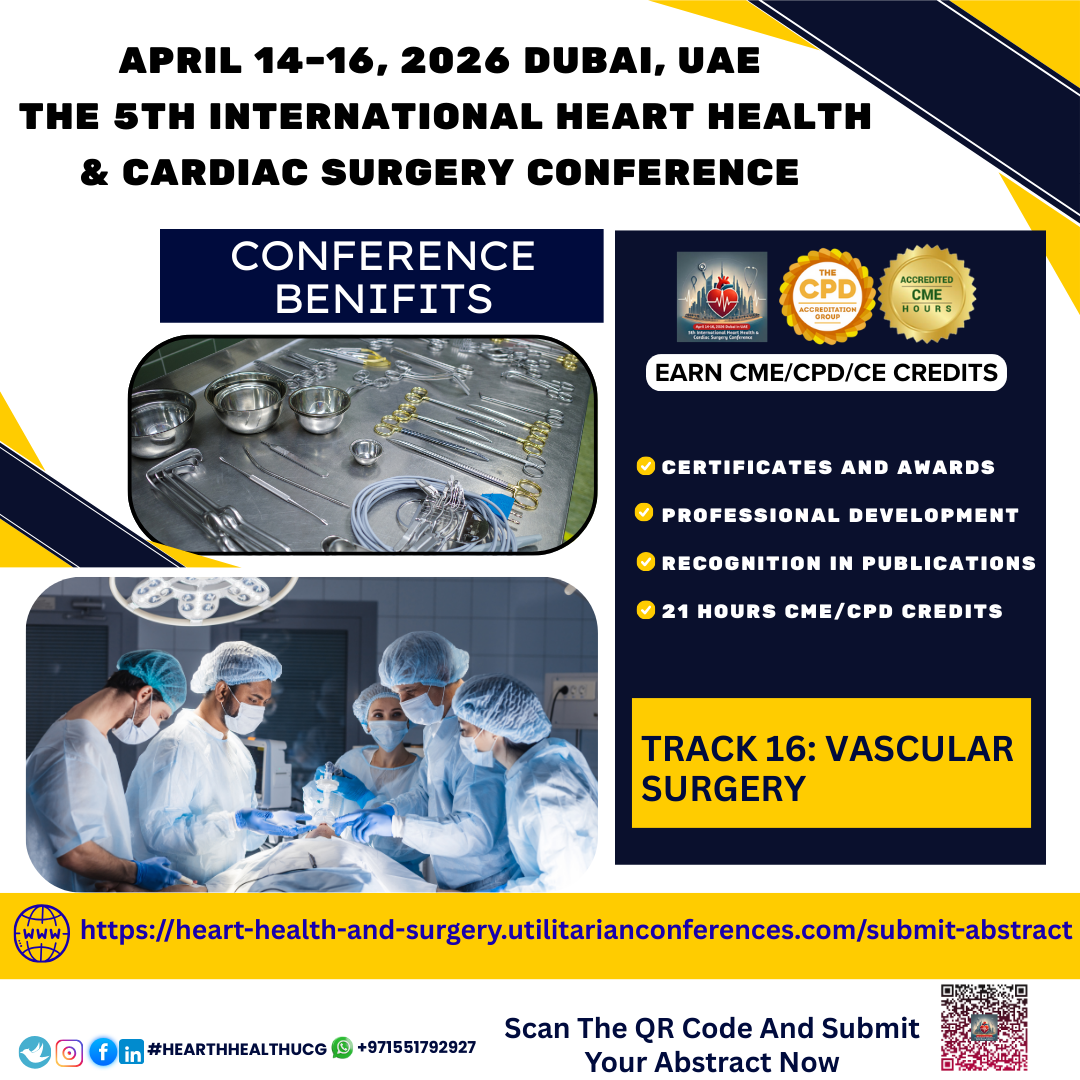



Heart Health is a broad and essential topic that refers to maintaining the...

Cardiovascular diseases (CVDs) are the leading cause of death globally,
claiming an estimated 17.9...

In the
intricate network of arteries and veins that transport blood throughout the
body, even a small blockage or damage can have serious consequences. That’s
where vascular surgery steps in — a critical medical specialty dedicated
to diagnosing and treating conditions affecting the circulatory system outside
of the heart and brain.
What Is Vascular Surgery?
Vascular
surgery is a branch of medicine that focuses on the surgical and minimally
invasive treatment of diseases of the blood vessels — including arteries,
veins, and lymphatic circulation. Unlike cardiologists who deal with the heart
or neurologists who treat brain-related vascular issues, vascular surgeons
handle everything in between.
These
highly trained specialists manage conditions such as:
When Is Vascular Surgery Needed?
Many
vascular conditions can be managed with medications and lifestyle changes, but
when these are not enough, surgical intervention becomes necessary. For
example:
Early
diagnosis and treatment are key — delays can lead to serious complications,
including limb loss or life-threatening events like stroke or embolism.
Common Vascular Procedures
Vascular
surgeons use both traditional and advanced techniques depending on the
patient’s condition. Some common procedures include:
Why Choose a Vascular Surgeon?
Vascular
surgeons are uniquely trained to offer comprehensive care. Unlike some
specialists who only focus on a particular type of intervention, vascular
surgeons are capable of performing open surgery, endovascular procedures,
and hybrid techniques, choosing the best approach based on each
patient's needs.
They
don’t just operate — they also provide long-term care for chronic
conditions, helping patients manage risk factors like diabetes, high blood
pressure, and smoking.
Prevention and Lifestyle
While
vascular surgery can be life-saving, prevention remains the best strategy. Here
are key ways to maintain healthy blood vessels: